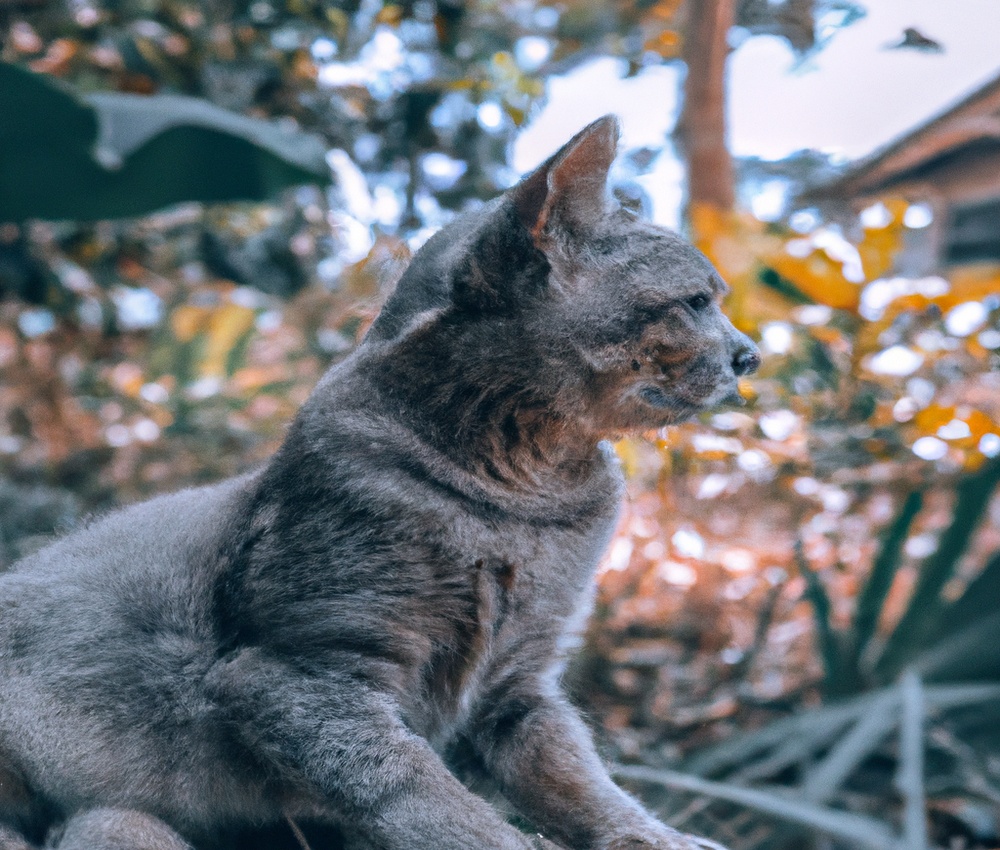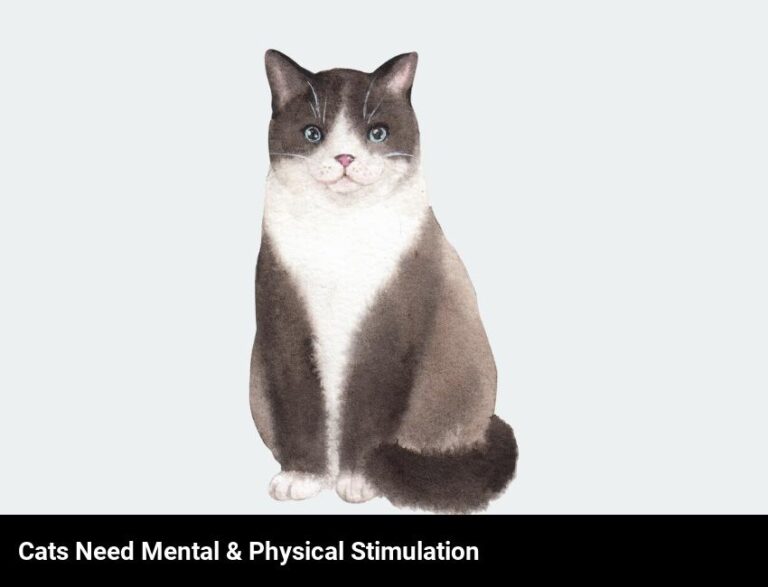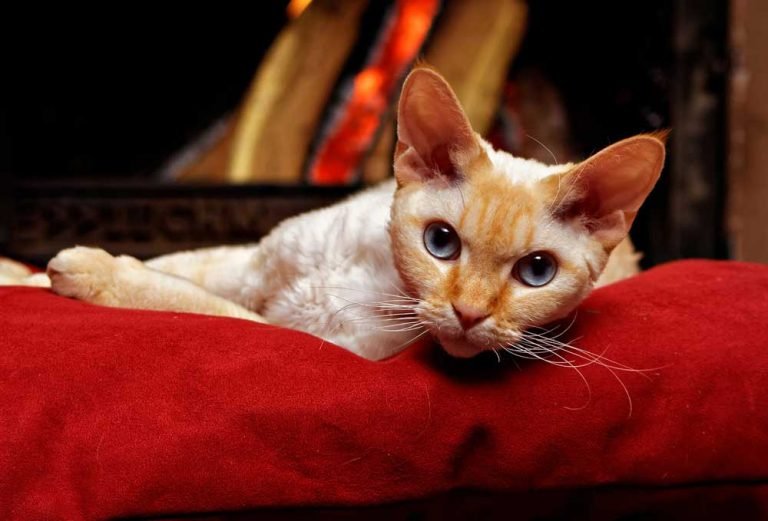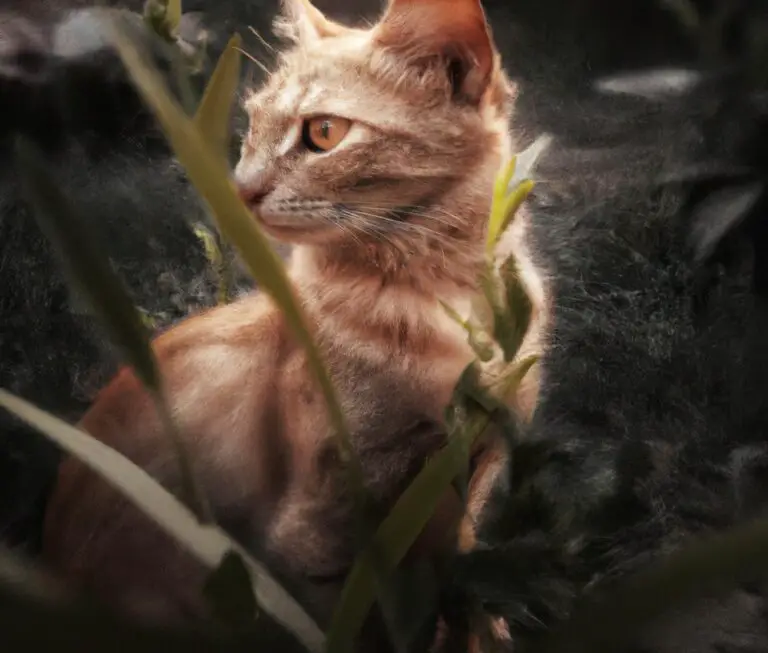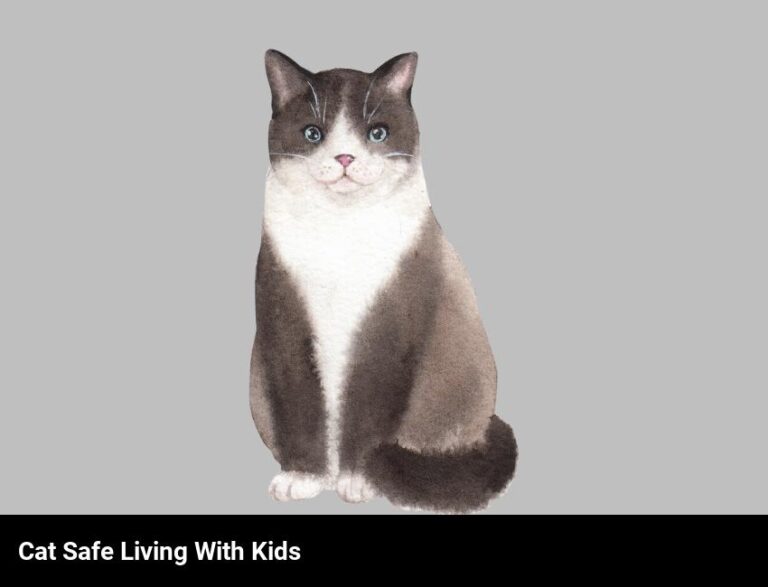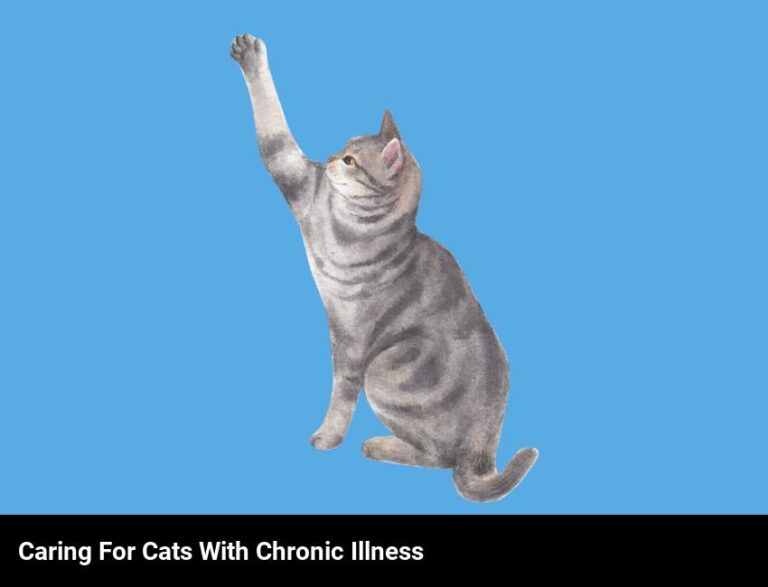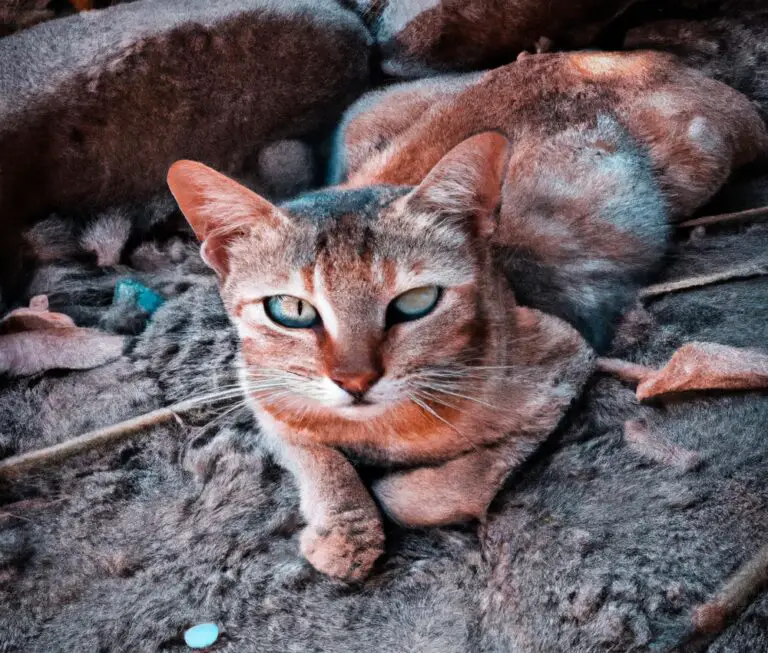Are Black Cats More Affectionate?
Key Takeaways:
- Black cats are not inherently more affectionate than cats of other colors.
- Affection levels in cats can vary based on individual personality and past experiences.
- The superstition surrounding black cats may lead to misconceptions about their behavior.
- Building a strong bond with your cat through love, trust, and positive reinforcement can increase affection levels regardless of their color.
Have you ever wondered if black cats are more affectionate than other cats?
It’s a question that has sparked many debates and discussions among cat lovers.
The personality traits of black cats have long been a subject of fascination.
Some people believe that black cats are mysterious and aloof, while others think they are just as loving and affectionate as any other cat.
In this article, we’ll delve into the perception of black cats, examine the influence of superstitions and myths, and debunk common stereotypes.
We’ll also explore the affectionate nature of black cats, the factors that may influence their level of affection, and provide tips for building a strong bond with your black cat.
So, sit back, relax, and let’s dive into the enchanting world of black cats and their unique charm.
| Black Cats | Other Cats | |
|---|---|---|
| Affectionate | Yes | Yes |
| Superstitions | Associated with bad luck and witchcraft | Not associated with any superstitions |
| Popularity | Considered to be less popular and less likely to be adopted | Considered to be more popular and more likely to be adopted |
| Health | May have a lower risk of certain diseases due to genetic factors | No significant health differences compared to other cats |
The Personality Traits of Black Cats
Black cats have various personality traits that make them unique and lovable.
Understanding the Perception of Black Cats
Understanding the Perception of Black Cats Black cats have long been the subject of various perceptions and superstitions. Some people associate them with bad luck, while others see them as symbols of good luck.
However, these perceptions are purely cultural and subjective.
It’s important to remember that a cat’s color does not determine its personality or level of affection. Each cat, regardless of color, has its own unique traits and temperament.
By avoiding generalizations and stereotypes, we can appreciate black cats for who they are – loving, playful, and loyal companions.
Keep an open mind, and give these beautiful creatures a chance to prove their affectionate nature.
Examining the Influence of Superstitions and Myths
Superstitions and myths have a powerful influence on our beliefs and behaviors.
They can shape our perceptions and even impact how we interact with the world around us.
From avoiding certain numbers or colors to holding specific beliefs about animals, these superstitions and myths have been ingrained in cultures for centuries.
By understanding the origins and cultural significance of these superstitions, we can gain insights into the ways they shape our lives and society as a whole.
From black cats and broken mirrors to Friday the 13th, exploring these influences can provide fascinating insights into our collective psyche.
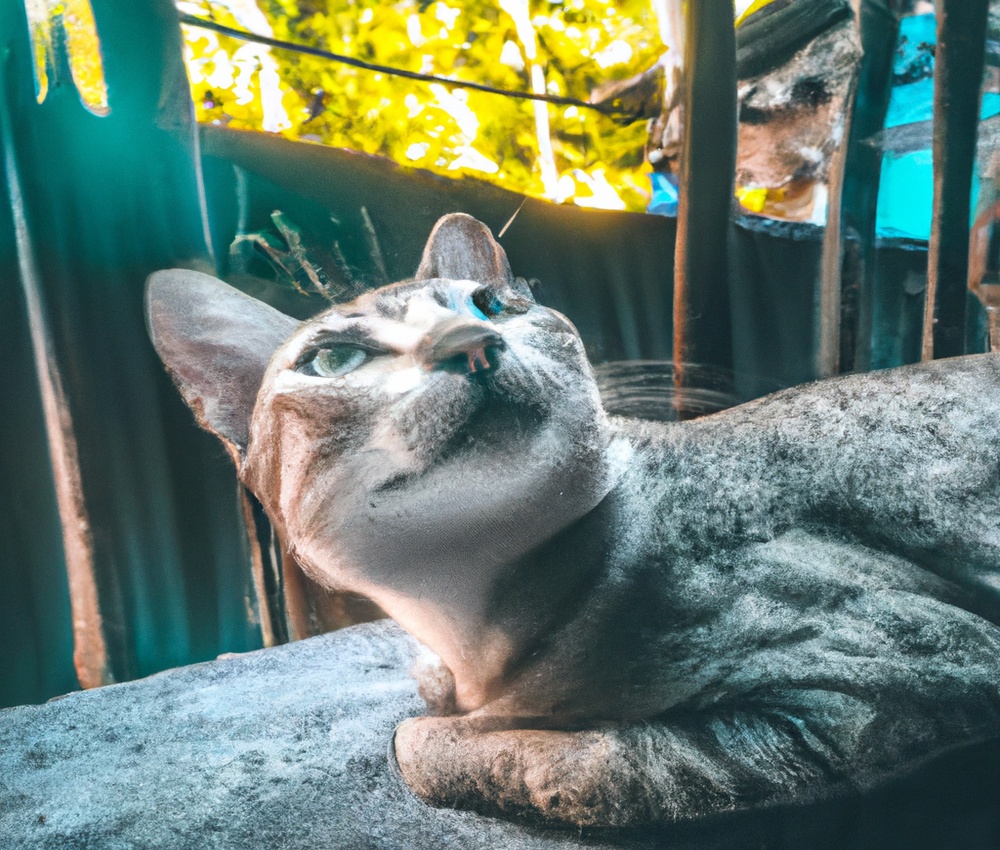
Debunking the Stereotypes about Black Cats
Black cats have long been surrounded by superstitions and stereotypes, but it’s time to debunk them. Despite popular beliefs, their fur color has no connection to bad luck or witchcraft.
Black cats are just as loving and affectionate as any other cat.
They can be playful, loyal, and make wonderful companions. It’s important to judge individual cats based on their personalities rather than their coat color.
So, let go of the stereotypes and give black cats the love they deserve.
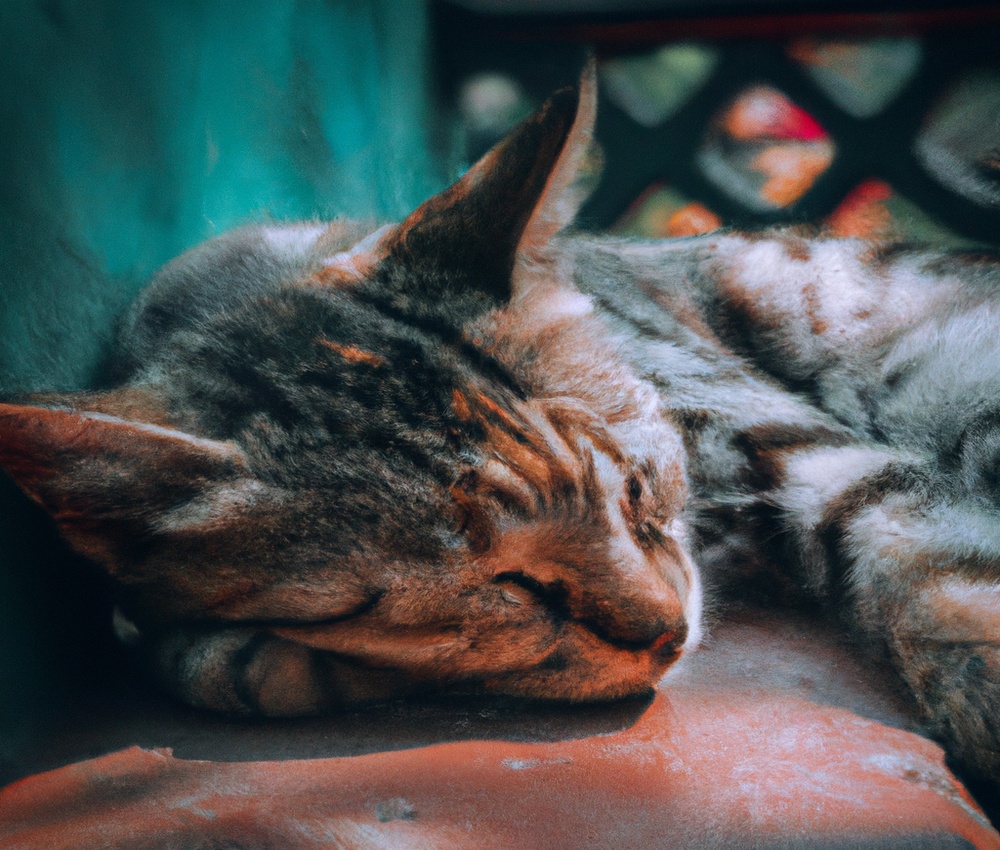
The Affectionate Nature of Black Cats
Black cats are known for their affectionate nature, making them wonderful companions for those seeking a loving and cuddly pet.
The Relationship between Color and Personality in Cats
The color of a cat’s coat does not directly determine its personality. While certain traits may be associated with specific colors, personality in cats is influenced more by genetics, environment, and individual experiences.
It’s essential to focus on a cat’s overall behavior, behavior patterns, and individuality rather than solely relying on coat color to determine their personality.
The Unique Charms of Black Cats
Black cats have a special charm that sets them apart.
Their sleek, shiny coats and bright eyes make them incredibly appealing.
But it’s not just their appearance that makes them unique.
Black cats are known for their mysterious and mischievous personalities, which can be quite endearing.
They are often seen as symbols of good luck and are considered to be wise and intelligent.
So, if you’re looking for a feline friend with a little extra charm, a black cat might be just what you need.
Studies and Evidence of Affection in Black Cats
Studies and evidence have shown that black cats can be just as affectionate as cats of other colors. Researchers have found that black cats display similar behaviors and levels of affection towards their owners, including purring, kneading, and seeking physical contact.
Additionally, studies have shown that black cats form strong bonds with their human caregivers and can be just as loving and loyal as any other cat.
So if you’re considering adopting a black cat, don’t let any myths or superstitions about their affectionate nature hold you back!
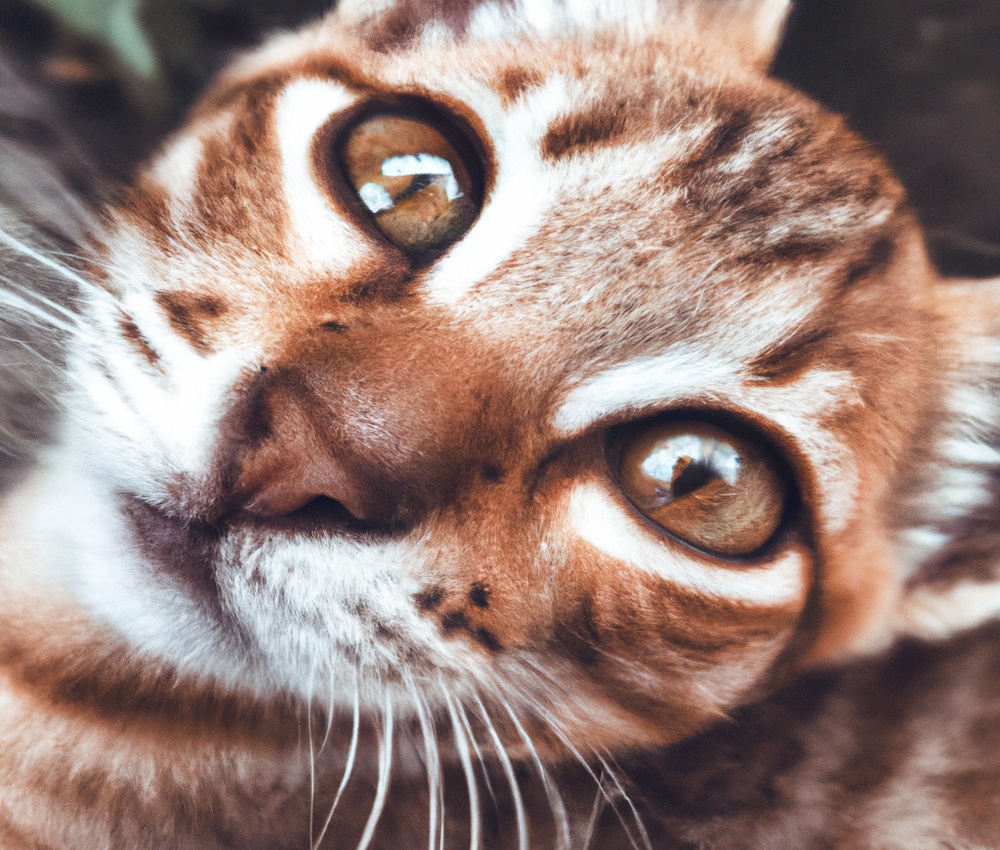
Factors Influencing a Cat’s Affection
Several factors can influence a cat’s affectionate behavior towards you.
The Role of Genetics in Feline Behavior
The role of genetics plays a significant role in feline behavior.
Genes passed down from parents to kittens can influence various aspects of a cat’s behavior, including temperament, activity level, and sociability.
Certain traits, such as playfulness or aggressiveness, may be more prominent in certain cat breeds due to genetic factors.
Understanding the role of genetics in feline behavior can help cat owners better understand and manage their pet’s needs and personality.
The Importance of Early Socialization
The Importance of Early Socialization for cats cannot be overstated.
It plays a critical role in a cat’s development and overall well-being.
Early socialization helps cats become more confident, adaptable, and gentle.
It also reduces the chances of behavioral problems later in life.
Some key aspects of early socialization include exposure to different people, animals, and environments, as well as positive experiences with handling and gentle play.
Taking the time to socialize your cat early on will greatly benefit their emotional and social growth.
Individuality and Personal Experiences
Individuality plays a crucial role in a cat’s affectionate behavior.
Each cat is unique, with its own personality traits.
Some cats may be more naturally affectionate, seeking out attention and cuddles, while others may be more independent and aloof.
Personal experiences can also shape a cat’s behavior and level of affection.
Cats that have had positive interactions with humans may be more likely to exhibit affectionate behavior.
However, it’s important to remember that every cat is an individual, and their affectionate tendencies can vary.
Tips for Building a Strong Bond with Your Black Cat
Ready to build a strong bond with your black cat? Here are some tips for you.
Providing a Safe and Comfortable Environment
To provide a safe and comfortable environment for your black cat, there are a few key factors to consider. Firstly, ensure that your home is free of any potential hazards such as toxic plants or small objects that could be ingested.
Secondly, create a designated space for your cat that includes a cozy bed, scratching post, and toys to keep them entertained.
Lastly, establish a routine and provide regular meals, fresh water, and clean litter. These simple steps will help create a secure and nurturing environment for your beloved black cat.
Encouragement and Positive Reinforcement
Encouragement and positive reinforcement are essential when nurturing a strong bond with your black cat.
Instead of punishments, focus on rewarding desired behaviors.
Use treats, praise, and playtime to reinforce positive actions.
When your black cat displays affection or follows commands, offer verbal praise and a favorite treat.
Consistency is key, so be sure to reinforce positive behavior every time.
With patience and positive reinforcement, you can strengthen your bond and create a happy, loving connection with your black cat.
Regular Playtime and Physical Affection
Regular playtime and physical affection are essential for building a strong bond with your black cat.
Playing with your cat regularly not only satisfies their natural hunting instincts but also provides mental stimulation and exercise.
Incorporate interactive toys, such as feather wands or laser pointers, into playtime sessions to keep them engaged.
Additionally, physical affection, like gentle petting and brushing, can help create a sense of trust and strengthen your relationship with your black cat.
So, make sure to set aside dedicated time for play and give them plenty of love and attention!
Frequently Asked Questions about Black Cats
Are black cats bad luck?
Are black cats bad luck?
The belief that black cats bring bad luck is purely superstitious and not based on any factual evidence.
In many cultures, black cats are actually seen as symbols of good luck and protection.
It’s important to remember that a cat’s coat color has no influence on their personality or behavior.
Black cats can be just as loving, friendly, and affectionate as cats of any other color.
So, if you’re considering adopting a black cat, don’t let the superstitions deter you – they can bring you just as much happiness and love as any other feline friend.
Do black cats have a different temperament than other cats?
Black cats do not have a different temperament than other cats.
Their coat color has no impact on their personality or behavior.
Each cat, regardless of its fur color, has its own unique temperament that is influenced by genetics, early socialization, and individual experiences.
It’s important not to make assumptions about a cat’s personality based on its appearance.
It’s best to get to know each cat individually to understand their temperament and needs.
Are black cats less likely to get adopted?
Black cats are indeed less likely to get adopted compared to cats of other colors.
This is due to various reasons, including superstitions, cultural beliefs, and even misconceptions about their personalities.
Sadly, black cats often face unfair stereotypes that can make potential adopters hesitant.
However, it is essential to remember that the color of a cat does not determine their affectionate nature or suitability as a companion.
By educating ourselves and others about these biases, we can help ensure that black cats also find loving forever homes.
Can the color of a cat really determine its personality?
Can the color of a cat really determine its personality? The color of a cat’s fur does not have a direct correlation with its personality.
While stereotypes may suggest that black cats are more independent, it ultimately comes down to the individual cat’s temperament, upbringing, and socialization.
Factors such as genetics, environment, and early experiences play a bigger role in shaping a cat’s personality. So, don’t judge a cat’s character solely based on its color!
Final Verdict
The perception that black cats are more affectionate is not entirely baseless. While the color of a cat doesn’t directly determine its personality, studies and evidence suggest that black cats can indeed be quite affectionate and loving.
Factors such as genetics, socialization, and individual experiences also play a role in a cat’s personality.
To build a strong bond with your black cat, provide a safe and comfortable environment, offer encouragement and positive reinforcement, and prioritize regular playtime and physical affection. Remember, every cat is unique, regardless of their color.
So, let go of superstitions and myths, and embrace the unique charms of black cats with open arms.

